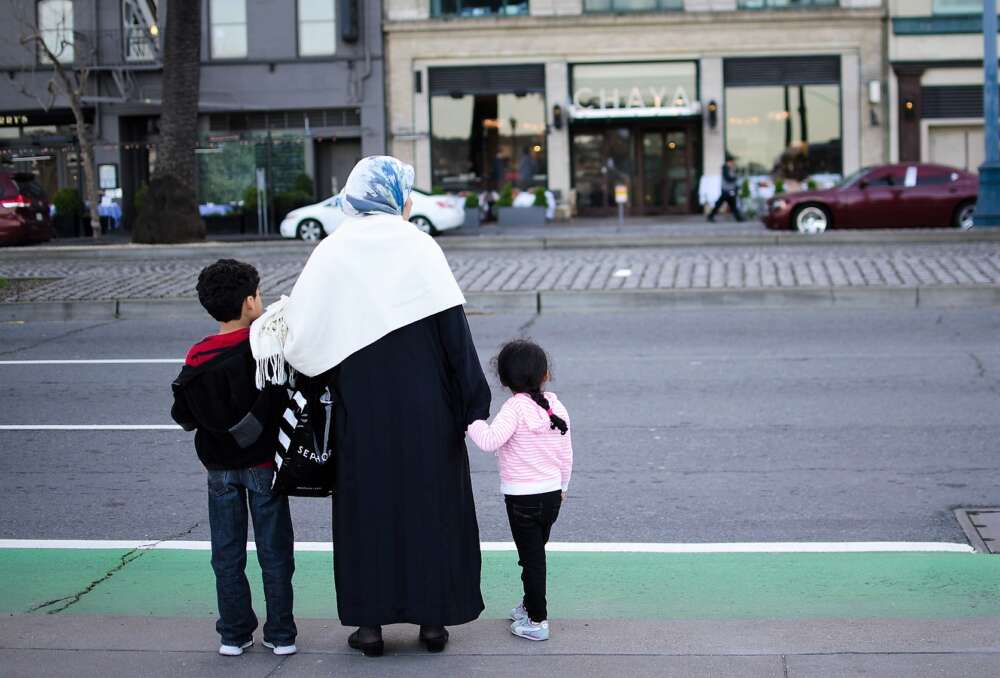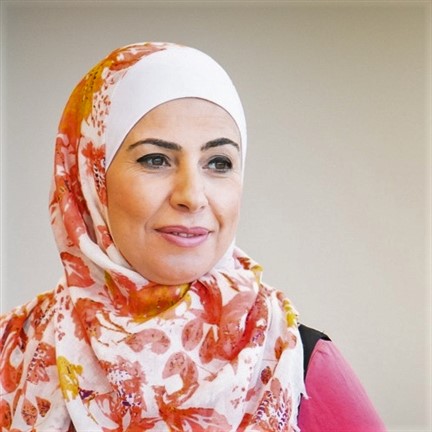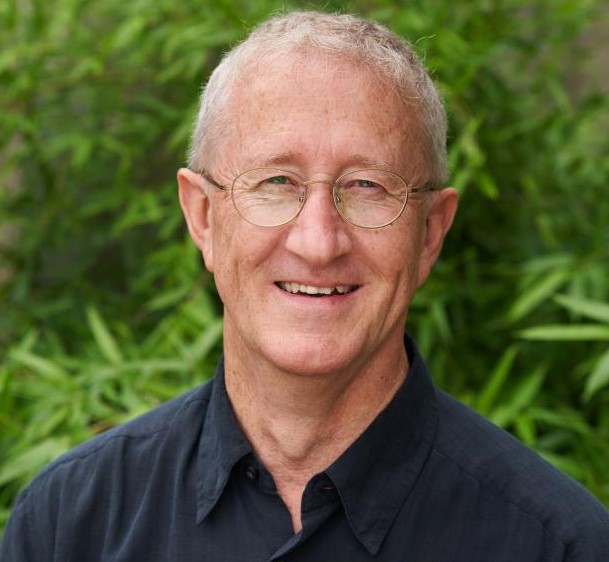
Adjusting to a new life in Canada is challenging enough for the 40,000 or so Syrian refugees who have arrived in this country since 2015, particularly those who settled in small towns or rural areas. But how have they fared since the start of the COVID-19 pandemic?
That’s what a team of researchers from the University of Guelph has begun to investigate with support from Mitacs, a national non-profit organization that fosters growth and innovation in Canada by solving challenges with research solutions from academic institutions at home and around the world.
Working with the Gateway Centre of Excellence in Rural Health, a non-profit that researches the health care needs of rural communities, Rana Telfah, a PhD student in the School of Environmental Design and Rural Development, has begun interviews with Syrian refugee families to learn how COVID-19 has impacted them.
“The refugee integration process is often stressful, especially for those from non-English-speaking countries who settle in small communities that lack the refugee services found in larger, urban centres,” said Telfah. “Now, since the pandemic began, even those who had started to adjust to life in rural Canada have found themselves suddenly challenged by the economic and social uncertainty.”

The aim of the research is to enable Syrian refugees to tell their stories, as well as to identify weaknesses in support services, said rural planning and development professor Wayne Caldwell, who is overseeing the project.
While most refugees settle in large urban areas where they find others from their home countries, many have been privately sponsored by organizations in small towns or rural areas. Others choose small-town life over the higher expenses of city living, said Telfah.
“One woman told me she tried to live in Mississauga for one year with her five children, but she felt lost. She couldn’t find work and she couldn’t learn English,” she said. “So she moved to Goderich, where she has a new job and says the community is very helpful. She is connecting much better there, making friends and doing well.”
Since the pandemic, some members of these families have lost jobs, putting stress on the family, said Telfah. Others have lost access to interpreters or the chance to attend in-person English language courses, she added.
“I have spoken to many families experiencing challenges.”

Many have faced language and technology challenges in trying to move children to online learning. The lockdowns have also prevented many mothers with children at home from looking for work.
Once the interviews are completed, the researchers plan to make recommendations to provide needed supports and services for Syrian refugees living in rural areas.
“This research is really about the future of rural Canada. Many small communities are struggling to maintain populations because of long-term trends toward urbanization,” said Caldwell. “With so many Syrian refugees in small towns, there’s a real opportunity for rural communities to make them feel welcome, to grow and sustain local economies and re-envision their futures.”
Contact:
Prof. Wayne Caldwell
wcaldwel@uoguelph.ca
Rana Telfah
rtelfah@uoguelph.ca